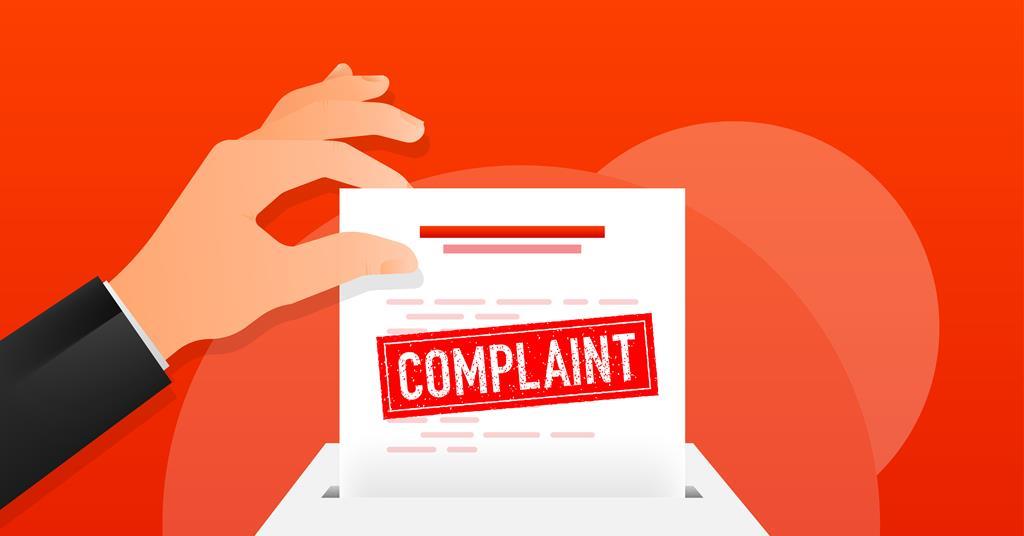Steps involved in filing a complaint against an insurance company
Our lives are not complete without insurance. It assists in shielding us against monetary loss in the case of an unforeseen catastrophe, including a car accident, fire, theft, or death. For people, families, and businesses alike, insurance offers security and peace of mind. You can shield your family and yourself from the financial burden of disease, accidents, and other life occurrences by purchasing the appropriate insurance policy.
Being dissatisfied with an insurance company is never fun. It is, after all, a company offering a service that aids in your family’s protection. Regretfully, nevertheless, unplanned events do occur occasionally.
Steps involved in filing a complaint against an insurance company
Q1. Gather all the necessary documents
A1. Getting all the relevant documentation for the disagreement is the first step in bringing a complaint against an insurance provider. Copies of the policy agreement, premium receipts, invoices, doctor’s notes, etc. are examples of such documents. It is crucial to maintain all of these records in order and on hand in case the complaint procedure calls for them.
Q2. Contact the insurance company
A2. Making contact with the insurance company is the next step after you have acquired all the necessary paperwork. You can accomplish this by visiting their branch office or by contacting the customer service number shown on the insurance company’s website.
Don’t panic if your insurance provider doesn’t address your issue in 15 days! You can escalate the matter to the Insurance Regulatory and Development Authority of India (IRDAI) to take it to the next stage. They’ll see to it that your complaint is handled quickly.
Q3. File a complaint with the Grievance Redressal Cell
A3. After getting in touch with the insurance provider, you can go ahead and lodge a grievance with the insurer’s Grievance Redressal Cell. Customer complaints and grievances are handled by this cell.
You can contact the GRO via email or by going to the closest branch. Make sure you submit your complaint in writing to the GRO along with any required supporting documentation when you do so. Take note of the date on the formal acknowledgement of your complaint.
Q4. Connect through IGMS portal
A4. To assist policyholders in registering grievances with their insurers, IRDAI has created the Integrated Grievance Management System (IGMS). It offers total control and monitoring for IRDAI along with centralized online access for policyholders.
When a complaint is filed via IGMS, it is mirrored in the IRDAI system and flows to the insurer’s system as well as the IRDAI repository. The policyholder may use the IGMS to escalate the complaint to IRDAI if the insurer does not properly answer it within 15 days of the complaint being lodged.
Q5. File a complaint with the Insurance Ombudsman
A5. You can file a complaint with the Insurance Ombudsman if none of the aforementioned methods resolve the issue. The Insurance Ombudsman is an impartial entity designated by the IRDA to address complaints from customers.
In his capacity as an unbiased mediator, the Ombudsman will work to resolve the conflict in a way that is just and equal for all parties, taking into account the information that has been provided. Should the suggested resolution be accepted by both sides, the Ombudsman will notify the business of the decision and mandate that they adhere to the conditions within a fifteen-day period.
Q6. File a case in consumer forum or a civil court
A6. If your grievance is still unresolved after exhausting all other available options and you feel that your claim is justified, then you have the option to approach a consumer forum or a civil court.
FAQs (Frequently Asked Questions)
Q1. What should I do if my insurance claim is denied?
A1. If your insurance claim is denied, you can first contact your insurance company to understand the reason for denial. If you disagree with the decision, gather all relevant documentation supporting your claim and file an appeal with your insurer’s Grievance Redressal Cell. If the issue remains unresolved, you can escalate it to higher authorities like IRDAI or approach the Insurance Ombudsman for resolution.
Q2. How long does it typically take for an insurance company to resolve a complaint?
A2. The time taken to resolve a complaint varies depending on the complexity of the issue and the responsiveness of the insurance company. Ideally, insurers should address complaints within 15 days as per IRDAI guidelines. However, if the complaint requires further investigation or resolution, it may take longer.
Q3. What documents do I need to file a complaint against my insurance company?
A3. To file a complaint against your insurance company, you will need documents such as copies of your insurance policy, premium receipts, invoices, relevant correspondence with the insurer, and any other supporting documentation related to your complaint. Having these documents organized and readily available will help expedite the complaint process.
Q4. Can I file a complaint directly with IRDAI, or do I have to go through my insurance company first?
A4. While it’s recommended to first attempt to resolve the issue with your insurance company directly, you have the option to approach IRDAI if you are dissatisfied with the resolution provided by your insurer or if your complaint remains unresolved beyond the stipulated time frame.
Q5. What happens if the Insurance Ombudsman’s decision is not satisfactory to me?
A5. If you are not satisfied with the decision made by the Insurance Ombudsman, you may explore legal options such as approaching a consumer forum or filing a case in a civil court. However, it’s essential to consider the costs and time involved in pursuing legal action.
Q6. Is there a deadline for filing a complaint against my insurance company?
A6. While there may not be a strict deadline for filing a complaint against your insurance company, it’s advisable to do so as soon as possible after encountering an issue. Prompt action can help ensure a timely resolution and prevent any further inconvenience or financial loss.











